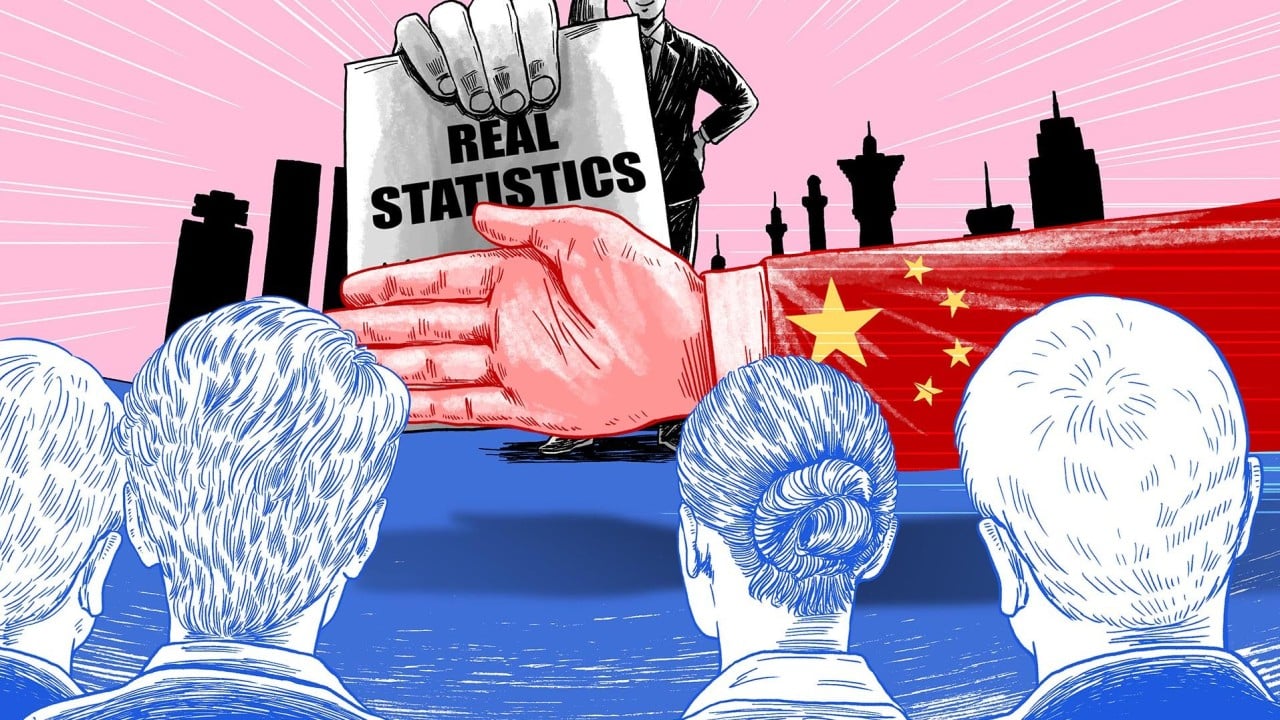As Washington and its allies continue to slap sanctions related to Xinjiang on Chinese companies, citing allegations of human rights violations, a group of scholars is trying to challenge some of those claims, digging into their years of field research and networks of contacts in the far western autonomous region.
Advertisement
Yet in their efforts to debunk the claims, the academics keep running into a brick wall: the reticence of regional authorities.
Generally seen by Beijing as well meaning, the scholars said they enjoyed decent access to the region. But they still found it difficult to conduct research as they wished and to obtain data to challenge allegations such as forced labour and birth control.
Some of these problems were laid bare on the sidelines of a conference in Hong Kong in August examining global perspectives on development in China’s western region. Dozens of researchers from inside and outside China attended.
The scholars pointed to Beijing’s possible concerns about disclosing the information, including the risk of distortion and misrepresentation by Western researchers and the comparatively low cost of making the accusations that inflict serious damage on named companies.
Advertisement
But they argued it would still be helpful for the region’s long-term development to disclose more information and data.
“I don’t think the Chinese government does a good job in terms of talking about Xinjiang,” said Barry Sautman, a professor emeritus at Hong Kong University of Science and Technology (HKUST), who has conducted field research in Xinjiang for decades, including last year.

